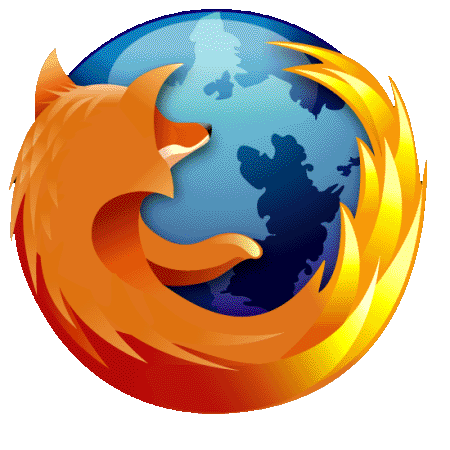Mozilla has confirmed its Firefox web browser will be available to run on the forthcoming operating system from Microsoft, namely Windows 8.
That should come as no surprise to anyone, considering how Windows 8 will soon appear on a sizable number of traditional PCs and tablets.
Classic And Metro
However, Mozilla’s approach to porting Firefox onto the upcoming operating system neatly summarises the potential issues facing other companies that wish to turn Windows 8 into a platform for their products. In order to cover the full range of Windows 8 devices effectively, it must develop Firefox for two application environments: “classic” Windows and “Metro.”
The classic version “is very similar to the Windows 7 environment at this time,” according to Mozilla’s official page on Windows 8 browser development, and thus “requires a simple evolution of the current Firefox Windows product.”
 However, Metro is an altogether different beast. The design aesthetic, currently found on Windows Phone and the latest Xbox dashboard, has profound influence on Windows 8: in place of the “traditional” desktop that defined previous editions of Windows, the newest operating system will open with a Metro start screen of colourful, touchable tiles linked to applications. In theory, this will help port Windows 8 onto tablets and other touch-happy form factors; users will have the ability to download Metro apps to their machine via an online storefront.
However, Metro is an altogether different beast. The design aesthetic, currently found on Windows Phone and the latest Xbox dashboard, has profound influence on Windows 8: in place of the “traditional” desktop that defined previous editions of Windows, the newest operating system will open with a Metro start screen of colourful, touchable tiles linked to applications. In theory, this will help port Windows 8 onto tablets and other touch-happy form factors; users will have the ability to download Metro apps to their machine via an online storefront.
That bifurcation between Metro tiles and the “classic” interface (the latter accessible through a single click) demands that third-party developers approach their Windows 8 creations in a more granular fashion.
Mozilla added that any version of Firefox for Metro will require the ability to “snap” to either full-screen, 1/6th screen or 5/6th screen mode; to enter a suspended state when not in view; and focus on touch interaction. “We may want to offer a live tile with user-centric data like friends presence or other Firefox Home information updates,” explained a note. “Ideally we’d be able to create secondary titles for Web-based apps hosted in Firefox’s runtime.”
Windows 8 Challenge
Microsoft recently unveiled a host of details about Windows on ARM (for which it uses the acronym “WOA”), designed to offer users a lightweight experience more reminiscent of an iPad than a desktop. It will help drive the company’s tablet efforts once Windows 8 actually hits the market sometime in the latter half of 2012.
“A WOA PC will feel like a consumer electronics device in terms of how it is used and managed,” Steven Sinofsky, president of Microsoft’s Windows and Windows Live division, wrote in a 9 February posting on the corporate Building Windows 8 blog.
But tablet dominance also hinges on a healthy app ecosystem. Microsoft is apparently working on that, as well: Mobile broadband-class drivers, printer-class drivers, GPS, sensors (accelerometer, rotation, gyro, compass, magnetometer) and Bluetooth are all capabilities available to developers creating Metro-style apps for Windows on ARM.
If developers rush to the WOA platform in large numbers, it could result in an app ecosystem capable of challenging Apple’s App Store and Google’s Android Marketplace. In turn, combined with a Metro-specific version of Office and powerful hardware, that could make Windows 8 a true challenger. But a lot still depends on the ability of Microsoft (and its hardware partners) to actually execute its plans in the real world.




